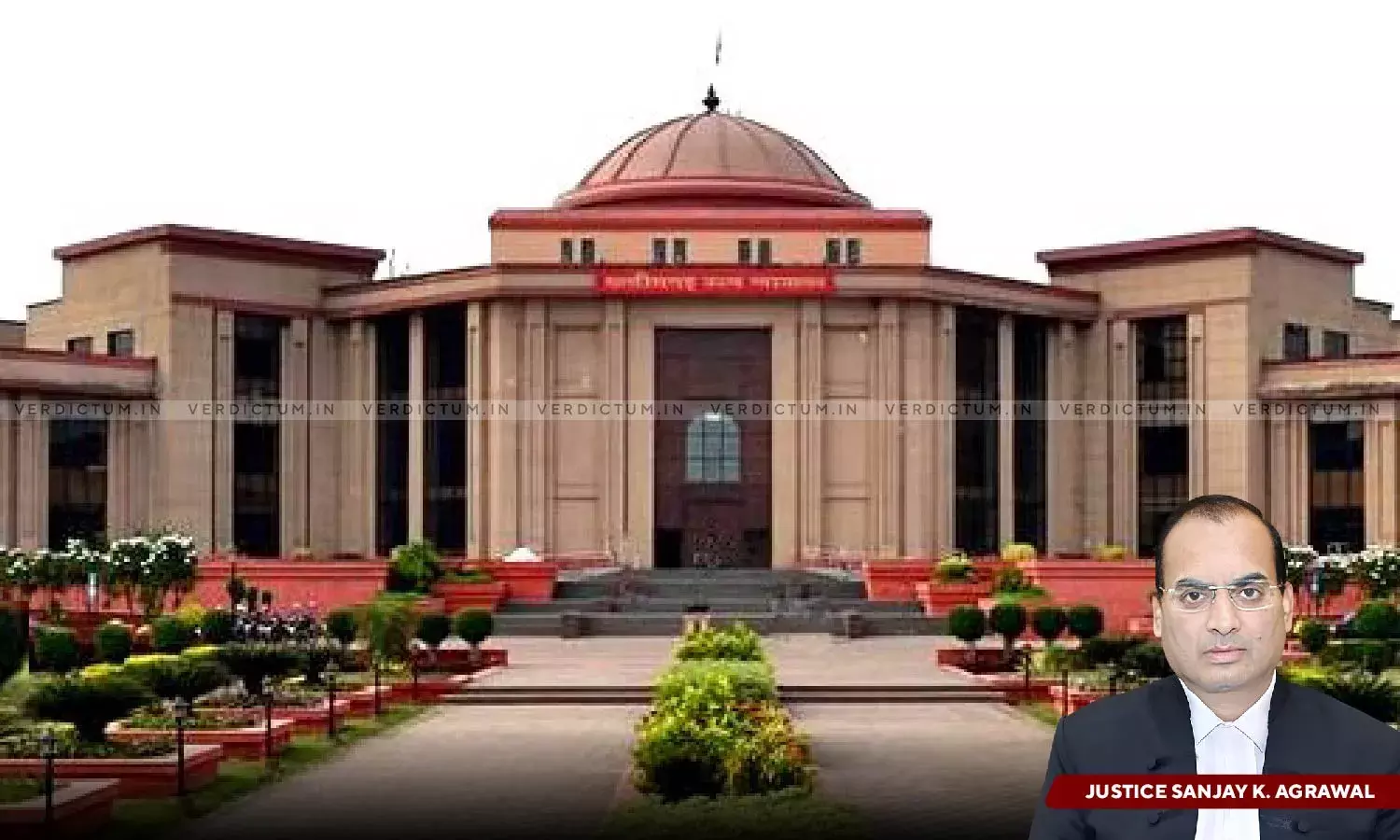Offence Of Causing Miscarriage U/S 312 IPC Not Attracted If There Was No Expulsion Of Child From The Mother’s Womb: Chhattisgarh HC
The Chhattisgarh High Court observed that the offence of causing miscarriage under section 312 of the Indian Penal Code, 1860 (IPC) is not attracted if there was no expulsion of child from the mother’s womb.
The Court allowed an appeal filed by an accused who was convicted for inducing a woman's miscarriage.
However, the Court noted that in such instances, the accused could face conviction for an attempt under Section 511 of the IPC.
The Bench of Justice Sanjay K. Agrawal observed, “Where the child in the womb is full grown the accused cannot be convicted of causing “miscarriage” under Section 312 of the IPC. The reason is that this section only contemplates expulsion of the child from the mother’s womb before the period of gestation is completed. But in such cases, the accused could be convicted of an attempt to cause miscarriage under this section read with Section 511 of the IPC."
Advocate Gurmit Singh Ahluwalia appeared for the First Appellant, Senior Advocate Surendra Singh appeared for the Second Appellant, Senior Advocate K. A. Ansari appeared for the Fourth Appellant and Deputy Government Advocate Sudeep Verma appeared for the State.
These criminal appeals were filed before the High Court challenging judgment in Special Case. The Special Court had acquitted the Appellants of the Scheduled Castes and the Scheduled Tribes (Prevention of Atrocities) Act, 1989, but convicted the First Appellant under Section 314 of the Indian Penal Code, 1860 (IPC), sentencing him to ten years of rigorous imprisonment with a ₹10,000 fine. The Second, Third and Fourth Appellants were also convicted similarly.
The Court framed the following issue: “Whether the trial Court is justified in convicting Rajesh Kumar (A-1) for offence under Section 314 of the IPC causing miscarriage to Shakun Bai which resulted in her death?”
The Court noted that, as per Section 312 of the IPC, the essential elements of the offence involve the voluntary act of inducing a woman, either pregnant or quick with a child, to miscarry. Importantly, the miscarriage must not be performed in good faith with the intention of saving the mother's life, and the term "miscarriage" in Sections 312 and 314 is equivalent to abortion, signifying the expulsion of an embryo or fetus before viability.
The Bench emphasized that Section 312 applies to a woman quick with a child, indicating the stage of fetal movement perception by the mother. Notably, the provision can even be applicable to a pregnant woman causing her own miscarriage, provided that good faith alone is insufficient and there must be a specific intent to save the life of the mother or the child.
The Court observed that the term "voluntarily" in Section 312 is defined in Section 39 of the IPC, which establishes that a person is considered to cause an effect voluntarily when they intend to cause it or use means that they know or believe will likely cause it. Section 312 presumes that a person intends the probable consequences of their act, while Section 313 represents an aggravated form of the offence, imposing harsher punishment if committed without the woman's consent.
“A careful perusal of Section 314 of the IPC would show that in order to convict a person for offence under Section 314, firstly, it must be established that woman was with child; secondly, the accused did an act to cause miscarriage; thirdly, he did so with such intention; fourthly, such act caused the death of the woman; and fifthly, act was done without woman’s consent”, the Court noted.
Upon examining the postmortem report, the Court noted that Shakun Bai's deceased body contained a 24-week-old fetus. In this case, the postmortem report indicated a 24-week-old fetus in the deceased's womb without expulsion before gestation completion.
Therefore, the Court acquitted the first appellant of the Section 314 IPC charge, as the prosecution failed to prove that his actions caused the death of Shakun Bai or intended to cause a miscarriage. The absence of proof regarding miscarriage undermined the prosecution's case, leading to the setting aside of the First Appellant's conviction.
In this case, the Bench noted that the charge under Section 314 of the IPC against the First Appellant has been set aside, resulting in his acquittal. As the substantive offence was not established against the First Appellant, the charge of abetment under Section 314 of the IPC against the other appellants was deemed to fail. Consequently, their conviction under Section 314 read with Section 109 of the IPC was set aside, and they were acquitted of this charge.
Accordingly, the Court allowed all the criminal appeals, setting aside the judgment of the Special Court.
Cause Title: Rajesh Kumar v State of C.G. (2024:CGHC:1815)












